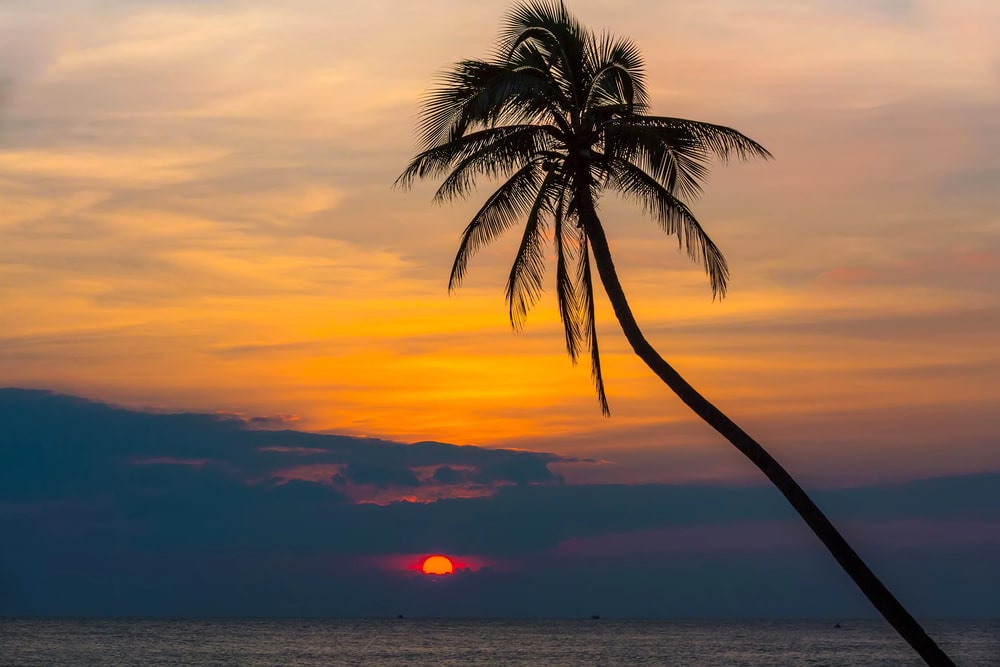After a particularly fraught period, complete with water cannons, near collisions, and an actual melee where a Filippino sailor apparently lost a thumb, things in the South China Sea look set to settle down following Manila and Beijing’s reaching of a “provisional arrangement” to deescalate tensions over the disputed South China Sea reef known as Second Thomas Shoal.
The deal, which was announced over the weekend by a spokesperson for the Philippines’ Department of Foreign Affairs, will see Chinese coastguard vessels allow the resupply of the Philippines’ forces stationed on the disputed reef (housed, as it happens, on board the grounded, rusting hulk of an old U.S. ship, the Sierra Madre) in exchange for Manila’s ceasing to try and bring supplies to fix up the makeshift base (the attempted doing of which provoked the latest round of hostilities between the two).
While Beijing has yet to comment, there is little reason at this point to doubt the agreement, and we should all be pleased at the news.
Having written at length about this particular dispute in the past, and having just recently addressed the U.S. defense treaty commitments to the Philippines in a talk with Libertarian Institute Director Scott Horton, it would be redundant to rehash the particulars: but it can never be too oft repeated, especially for the benefit of an American audience, that Washington has committed us all to fight China in the name of the Philippines holding on to this irrelevant spec of sand almost 8,000 miles from the shores of the continental United States on the basis of a treaty almost eighty years old.
And while some in Manila, such as former Defense Secretary Delfin Lorenzana, have expressed trepidation at the aggressiveness of Washington’s efforts to contain China, fearing the country may wind up on the frontlines of a hot war between the two, the new President Ferdinand Marcos has been muscular in his defense of the Philippines’ claims and been accommodating of the U.S. strategy in the region, providing Washington with four additional military bases around the country in areas closest to Taiwan.
To be sure, Marcos is the first to say he doesn’t want a war—but then history is replete with examples of wars begun despite the protestations of reluctance by the very men whose decisions brought them about.
Indeed, situations have a logic and drive all their own and can easily escape human control.
And while this agreement will likely bring a welcome bout of quiet, it is unfortunately unlikely to remain quiet for long, for the South China Sea is a highly contested region with several of the surrounding states asserting territorial claims.
China claims the largest portion of the sea, marked by the “nine-dash line,” which though Washington and its dutiful corporate media minions routinely condemn, none ever bother to add that the line was actually drawn by Chiang Kai-shek’s regime prior to being driven off the mainland in 1949; its claim is based on supposedly ancient, acquired rights.
Again, though Washington and the media never report it, the regime on Taipei actually still claims all the same areas as China, using the same nine-dash line.
Vietnam claims sovereignty over the Paracel and Spratly Islands, based on historical usage.
The Philippines, of course, also claims parts of the Spratly Islands and the Scarborough Shoal, invoking its Exclusive Economic Zone (EEZ) as defined by the United Nations Convention on the Law of the Sea (UNCLOS)—rights that were basically upheld by an international ruling in 2016.
Malaysia claims portions of the Spratly Islands, aligning with its continental shelf and EEZ.
Lastly, Brunei has a more modest claim within its EEZ, overlapping with the southern Spratlys.
Trillions of dollars in global trade passes through the South China Sea each year, and the best thing for the world at large would be for all the states to drop their squabbling—though this is certain not to happen, if for no other reason than the vast natural resource wealth to be had from the oil and natural gas reserves in the region, alone estimated to be worth trillions of dollars.
However, the very last thing the situation needs is further militarization—which is why it was disappointing to see earlier this month that Tokyo and Manila were deepening their military relations, the obvious target begin China.
To end on a hopeful note, at least some segment of the Philippines’ population is alert to the danger and out in the streets protesting their government’s embrace of Washington’s anti-China policy in the region. While unlikely to be successful in reversing the policy of the Marcos administration in the near term, the Philippines has at times put distance between itself and Washington’s militarism; for example it booted them out of the Subic Bay naval base in the early 1990s, and with popular pressure it could (and should) do so again.

































